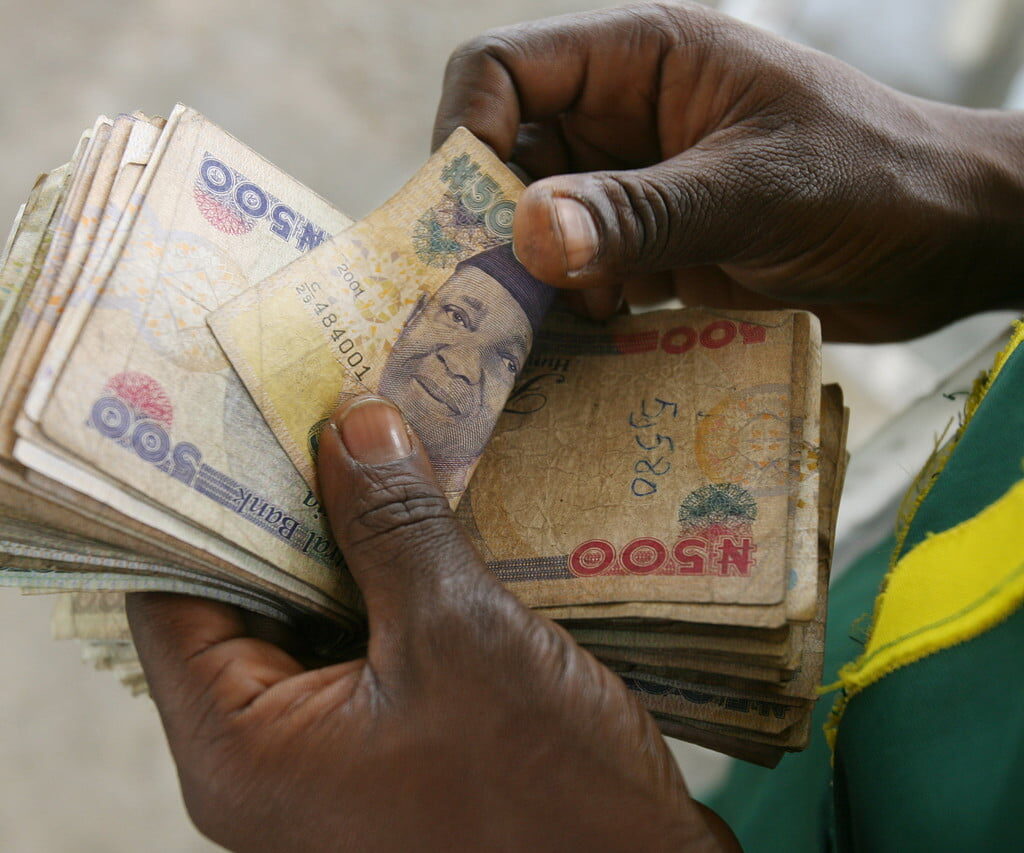
The Centre for Anti-Corruption and Open Leadership, CACOL, on Thursday, decried the current naira scarcity being witnessed in various parts of the country.
A statement issued by CACOL’s Director of Administration and Programmes, Tola Oresanwo, on behalf of the anti-graft organisation’s chairman, Mr Debo Adeniran, noted: “We have observed that barely a year after the Central Bank of Nigeria naira redesign that ended up as a colossal fiasco and subjected our people to untold hardships, naira scarcity has resurfaced in the country.
“It was reported that since last month, banks started imposing daily individual withdrawal limits of between N20,000 and N40,000, which was mainly due to the shortage of cash in their vaults. Although the Central Bank has tried to assuage the apprehension of the people by repeatedly assuring them that it had supplied the banks with enough cash, the situation has yet to improve. As we speak now, you cannot withdraw more than N10,000 from some banks. This is not a good time for this anomaly as we are approaching the festive season when the majority of our people who rely on cash transactions would likely demand more cash to facilitate their various transactions.
“The Federal government and the Central Bank of Nigeria should critically look into what may have been responsible for the current naira scarcity and nip it in the bud as soon as possible. It is a known fact that mobile and online transactions are still plagued with numerous challenges that make some Nigerians not to adopt them. The fact that a vast majority of the people in the hinterlands who don’t have access to the internet or electricity may only find solace in cash transactions is another factor why we cannot afford to subject them to another round of a wild goose chase of a commodity that ought to be readily available whenever it is needed.
“The patience of Nigerians has been repeatedly tested by the actions and inactions of the government in the last few years. This was climaxed by the removal of fuel subsidy which resulted in an attendant increase not only in the cost of transportation but also in the prices of goods and services, especially foodstuffs, decaying infrastructure, epileptic power supply, and devaluation of the naira, just to mention a few of the other burdens the people have been made to bear.”
DAILY POST reports that Nigerians have gone on different social media platforms to lament the high rate of naira scarcity in the country.
The cash scarcity comes approximately 12 months after Nigerians went through the same ordeal in 2022.


